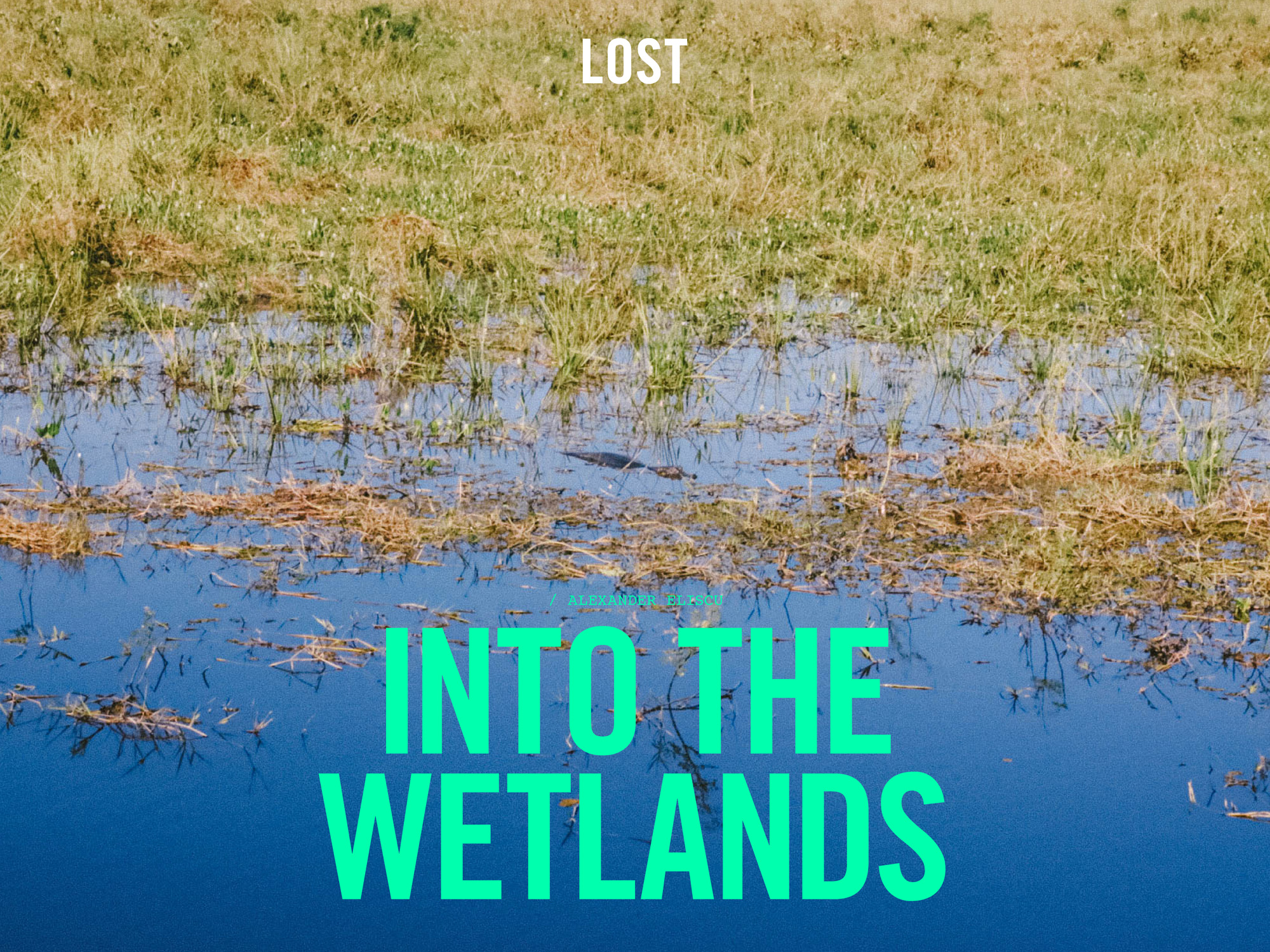
INTO THE WETLANDS
BY ALEXANDER ELISCU
I had been rolling in anxiety for several days. Week after week, I was told of the innumerable dangers of trekking alone in Brazil’s Pantanal, the world’s largest tropical wetlands. At night, eyes reddening, I remained glued to the computer screen, clicking every Youtube link on the latest news since the onça-pintada (Jaguar) attack.
Onça, Onça, Onça.
The mania was real. Every Brazilian influencer and daily news reporter was in on the details of a local wilderness man brutally killed by a wild Jaguar. Animal activists claimed it was an anomaly; ranchers led a full-throated attack on Brazil’s strict wildlife protection laws—it had hit an entire country’s raw nerve. And then there was me: I really didn’t want to be the wandering fool who gets half eaten by a massive feline in the jungle, further igniting this volatile and sensitive situation. But if I continued to sit on my couch, watching the raindrops plunk against my garden posts, I might never see the rapidly disappearing landscapes and ecosystems of the Pantanal.
So I came up with a half-plan: armed with a Canon Rebel camera, snake guards and a machete, I would spend three days in the Pantanal and hike through a stretch of the jungle that would lead to the vast Rio Paraguai (Paraguay River). I purchased a flight directly to the heart of the Pantanal, Corumbá, and, hoping for a little luck in timing and weather, took off to see some incredible wildlife, with an emphasis on spotting the region’s river-dwelling green anacondas (Eunectes murinus).
The flight was fine—until the landing. From above, I could only see swamps, scattered mountains, and a long, snaking river. And then jungle—lots and lots of thick, dense jungle. As the plane began its quick descent, it whizzed past treetops and plunged straight toward the swath of rainforest. Holding my breath, my knuckles gripping both armrests, I glanced out the window to see the plane’s wheels unlatch and robotically secure into place. I closed my eyes.
Thump.
The seat rattled. I looked outside. Somehow we were on a grey runway, surrounded by big, tropical plants. The loudspeaker crackled. “Welcome to Corumbá, the heart of the Pantanal.”
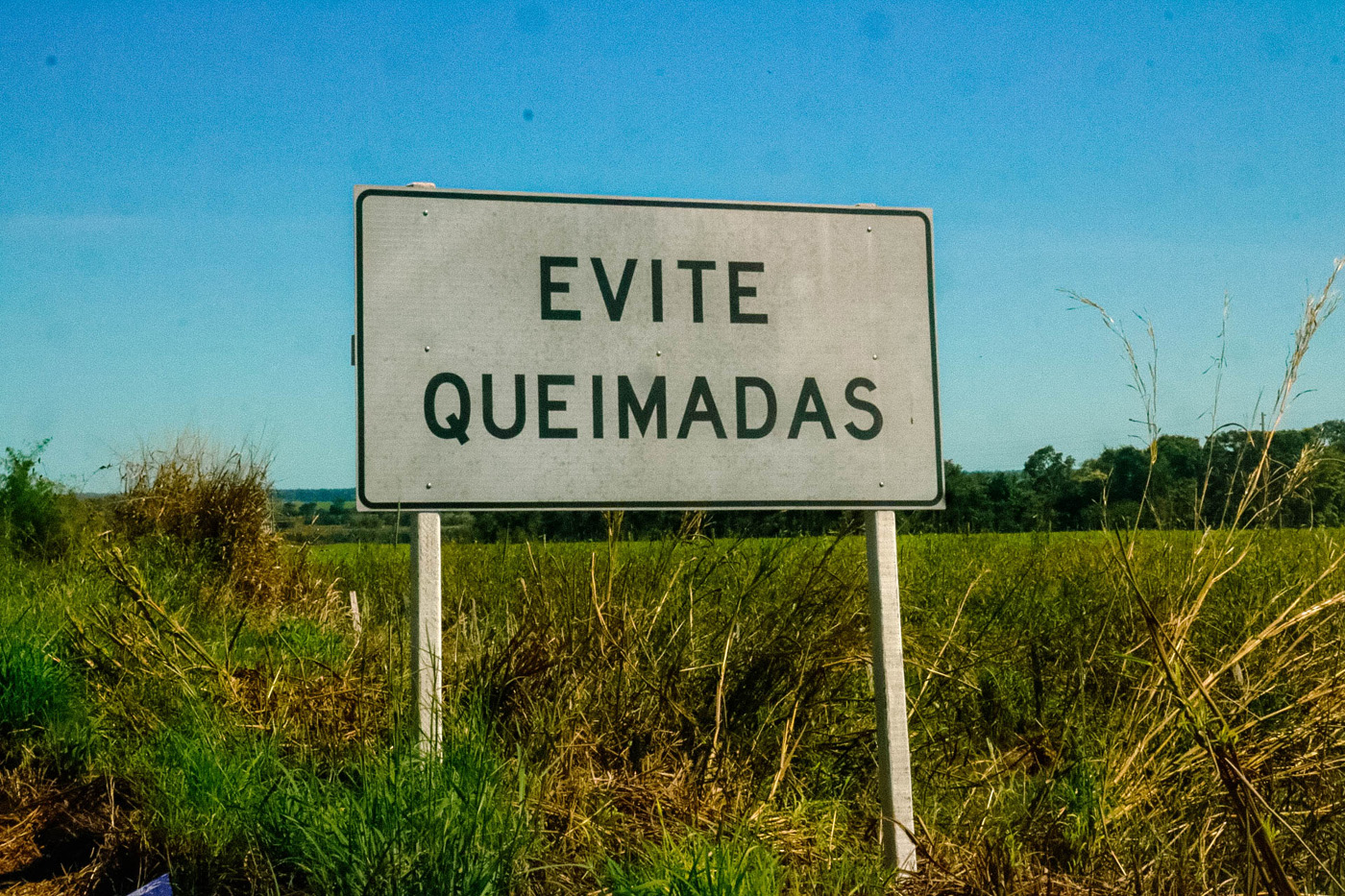
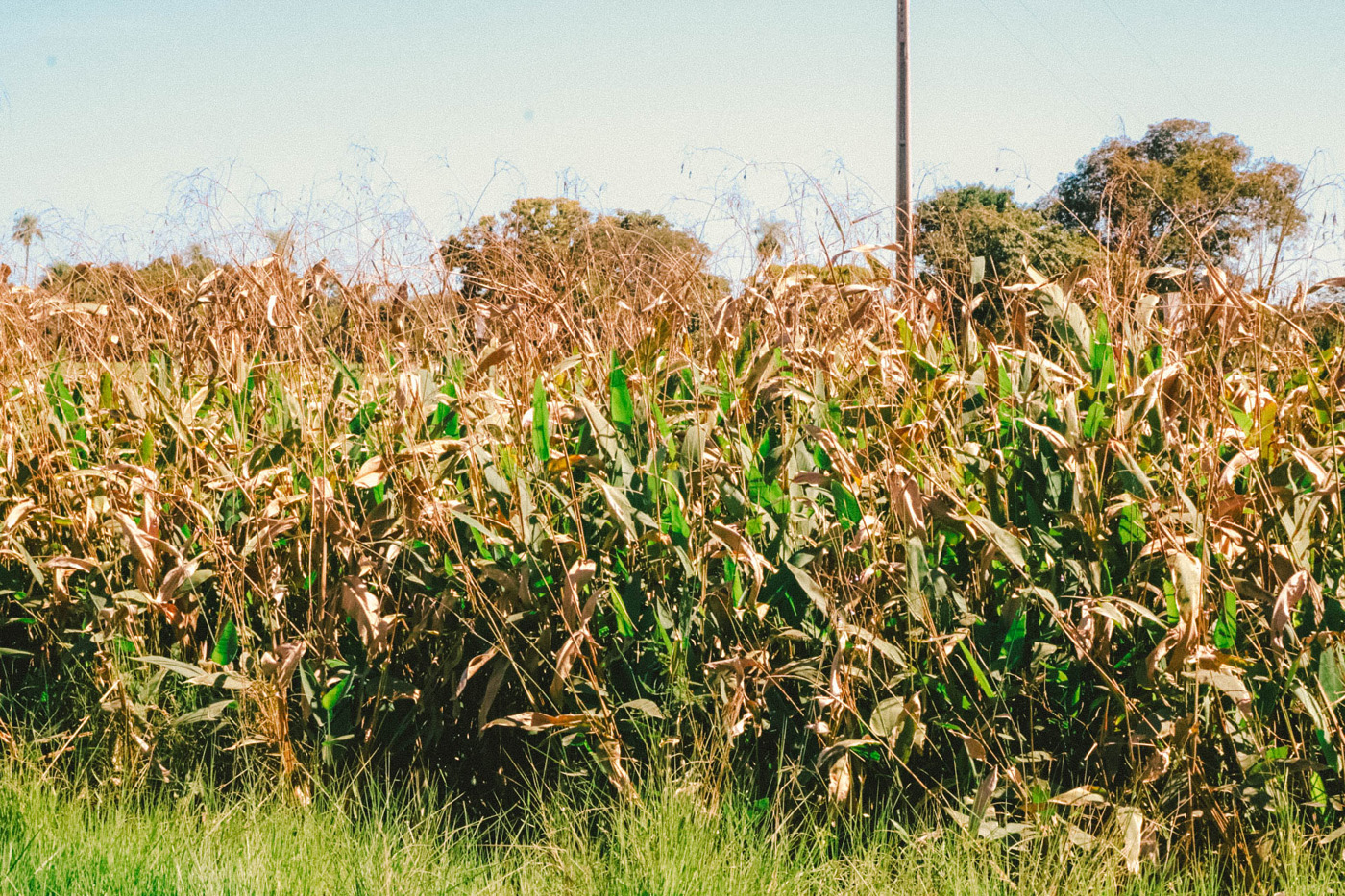
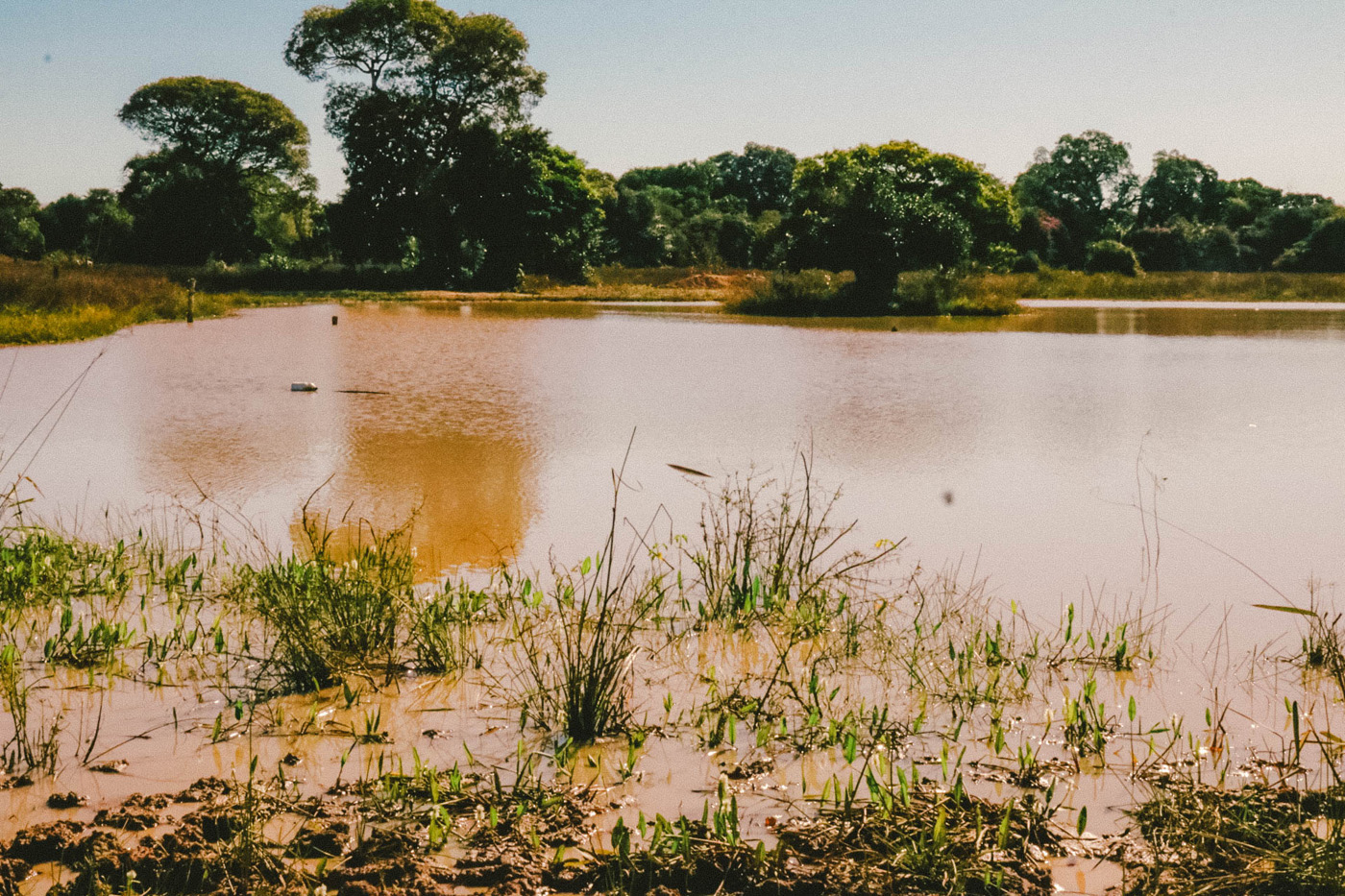
Outside of the simple, air-conditioned airport, it was nature’s sauna. The layers of heat vibrated. My neck began to break into a nice, little rash.
“Hey man, you need a taxi? You going to the Centro?”
A short man in jeans and loafers leaned against his white taxi sedan.
“No, I am going to Albuquerque. You know?”
He looked at me quizzically.
“Yeah, sure. About an hour or so to get there.”
“How much do you charge?”
The man squinted his eyes.
“For you, I can do $300.”
I tried to play the cool, calm negotiator.
“$300? Sure, sounds good.”
In the end, I just wanted to get out there.
We drove in mostly silence. I rolled the window down and let the gusts of hot, swampy air blow back against my face.
“How do you speak Portuguese? Where are you from?”
We drove past the city’s old, unremarkable neighborhoods.
“I live in São Paulo, but I’m originally from the States.”
The driver looked in his rearview.
“Ah, American. We don’t get too many of you here.”
Like changing the television channel, the patchy, wooden houses suddenly gave way to mysterious, emerald-green mountaintops—we were now entering the jungle.
By the time I arrived at the Airbnb, I was already tired and, with the forecast looking steady, I decided that I’d wake up the next morning for the river hike. According to Google, it would take me exactly two hours and twenty-seven minutes to arrive at the river-side pousada by foot and gain open access to the winding river. What Google didn’t tell me was that thirty-two degrees celsius in the Pantanal was like having the office’s air-conditioning system malfunction during the peak of the summer.
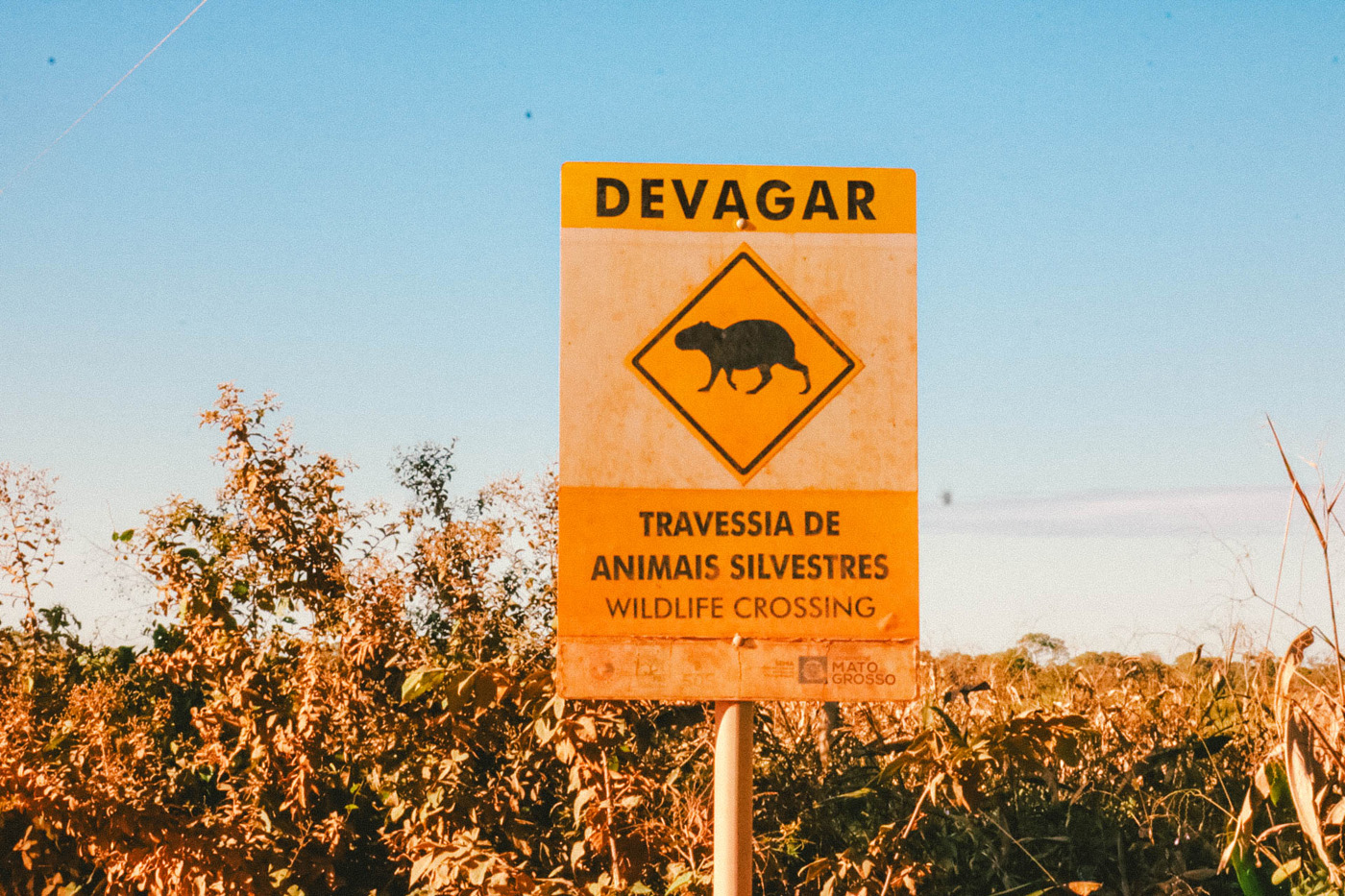
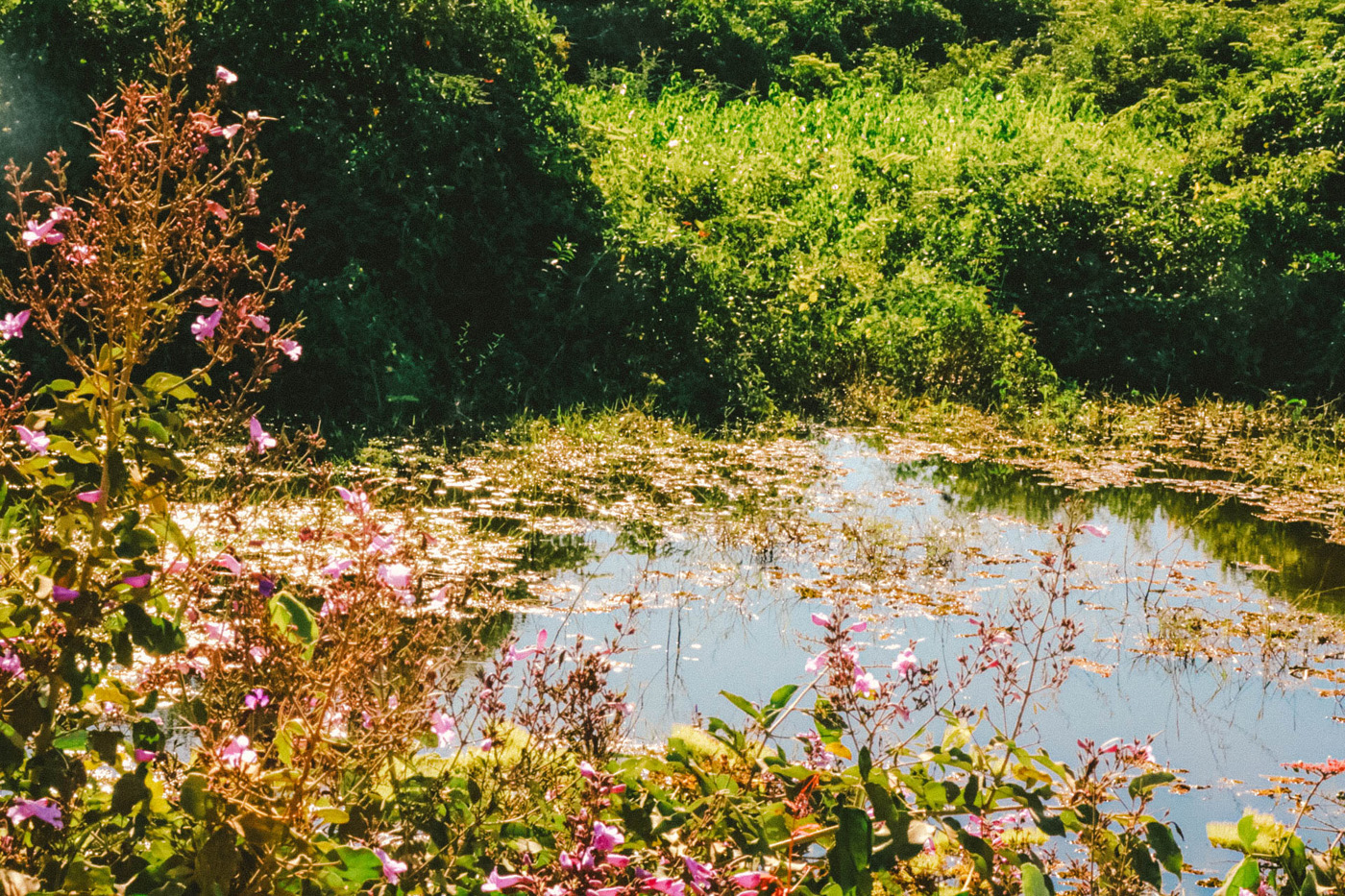
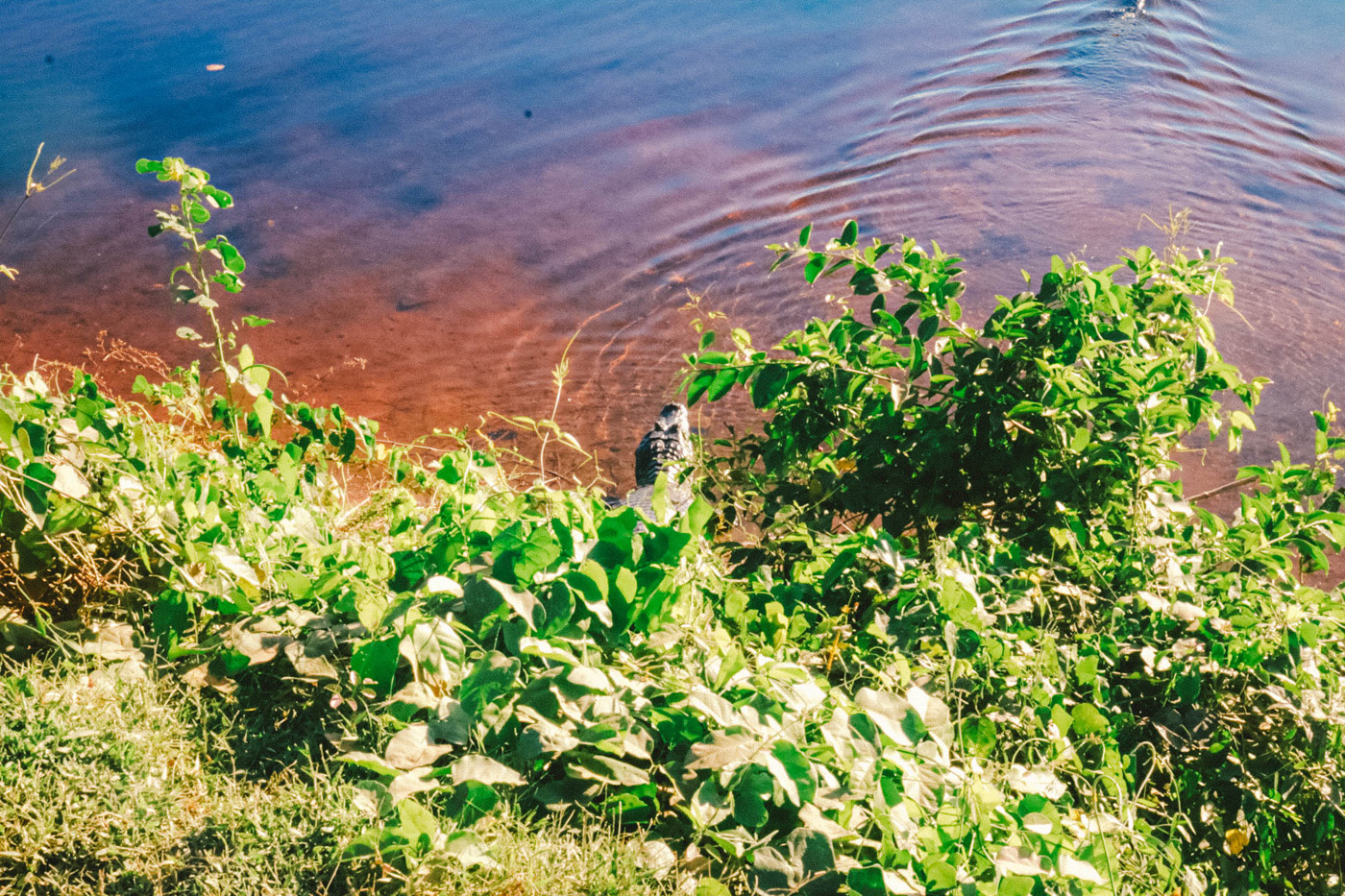
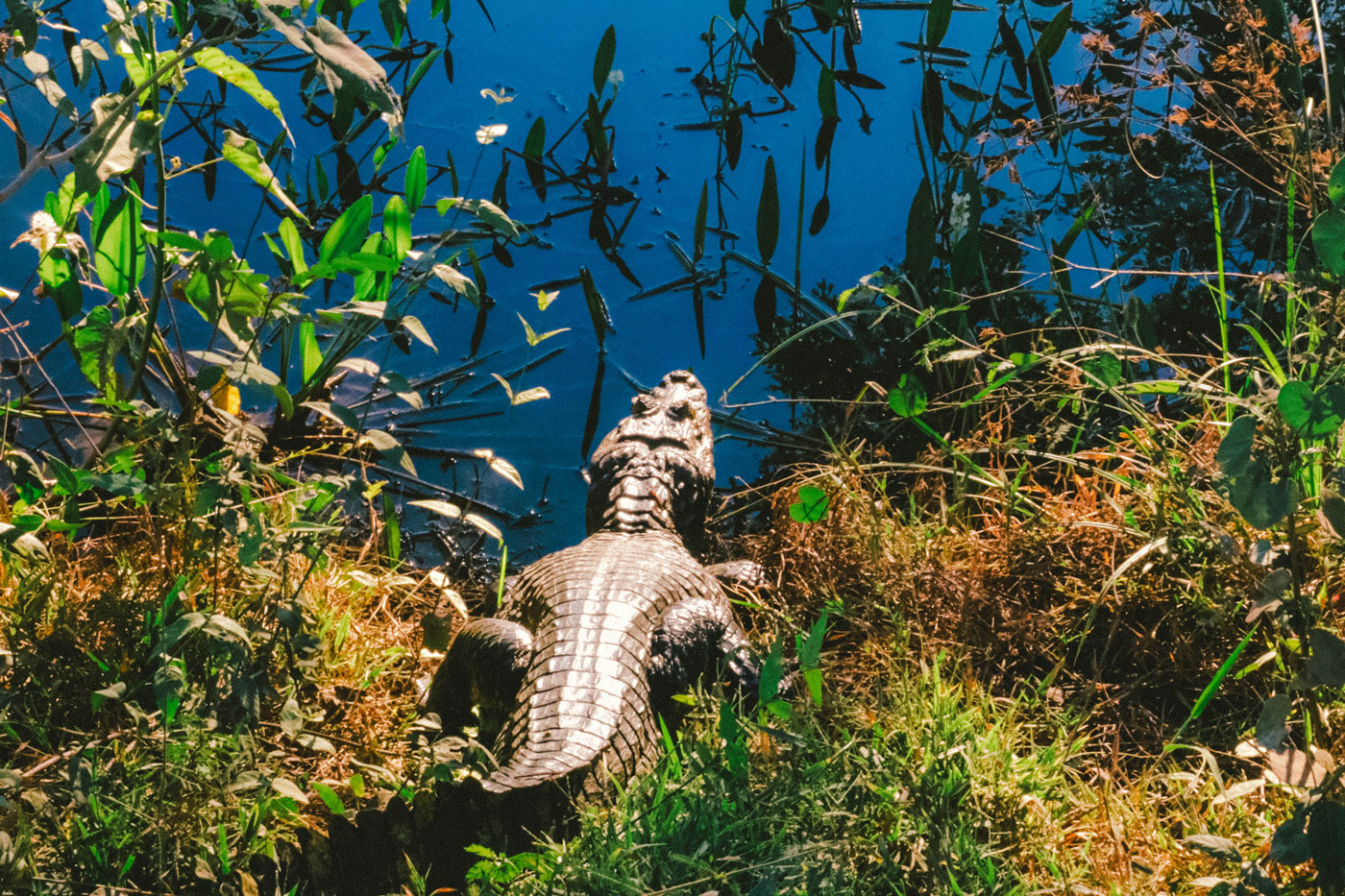
When I left the Airbnb cottage in the dawnish hours, there was already a thick level of moisture in the air. The sun’s glare was slowly rising and creeping over the wetlands. Among the dense forest trees, a full-blown symphony of birds announced the arrival of a new day.
The dinosaur squawks of the Aracuã curassows;
The melodic honks of the Blue Arara parrots;
The guttural shrills of the Caracara falcons;
The high-pitched shrieks of the Anu Branco cuckoos.
I looked down at my watch. Twenty-eight minutes into my trek, I was already drenched in an exhaustive sweat: my shirt, a grey Nike trainer, was a shade darker and my legs were covered with little, red itchy bumps. The Airbnb host had warned me about the droves of mosquitos—with the river flooding and a record number of infected mosquitos carrying malaria and dengue fever, venturing outside even several hours before and after dawn was ill-advised. It didn’t matter how many layers you applied of expensive mosquito repellent; bare, foreign legs were an open invitation for the starved, blood-sucking insects.
I noticed that my vision began to get cloudy, with a slight sting of sunscreen mixed with insect repellent. I fought the urge not to wipe them. It didn’t help that the previous night, I had hardly slept. I couldn’t stop scrolling through video after video of biologists trying to explain the recent deadly jaguar attack in the Pantanal. The animal was old and sick. The big cat got too used to the scent of Senhor Jorge Álvalo. My eyes drooped but I was glued to the screen. When it was finally time to get out of bed, I had already been wide awake for hours.
As I continued forward, the trail began to wind. There were no signs, addresses. Old, rotting cabins peaked out from behind unkempt lawns and rusty, wired fences. Every few minutes, a dog would howl and come running up, wiggling its way through the metal wirings. Just like the desolate houses, the canines were in poor condition: malnourished and covered in thousands of black mosquitoes, they approached me with caution, running uneasy circles around my steps.
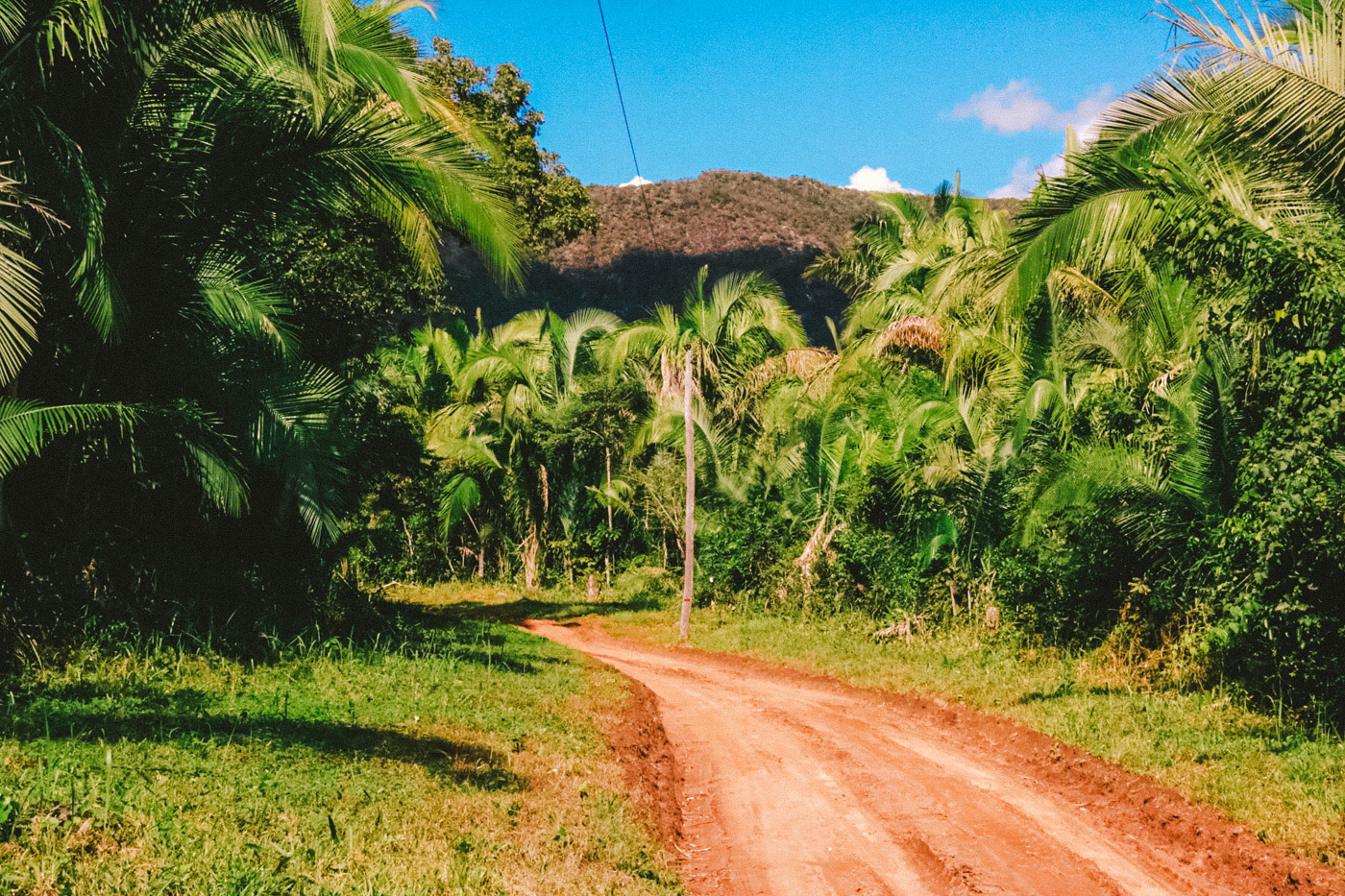
An hour into the hike, the trail widened and gave way to a swampy, mosquito-infested path. Hunter green jungle plants dipped over the corners of the dirt road. A family of capivaras appeared from the brush and, without even a glance, trotted lazily to the other side of the empty road.
I looked down at my watch: 6:53 AM. If I picked up my pace, I could probably make it to the river just before the Pantanal sun would be directly above. A loud honk caught me off guard. I jolted to the right side of the muddy trail. An old, dusty white 4×4 Toyota truck pulled up beside me and rolled down the window.
“Hey amigo, you need a lift? Where you headed?”
I looked up at the driver. A smiling face looked back.
“No, I’m okay! Just heading to my friend’s place.”
The driver lifted his wide-brimmed, straw hat. His face shifted.
“Hey man, it isn’t safe to walk around here alone. And I am heading in that direction—come on, hop on in.”
He motioned forward with his sun-weathered arm. His face was a dark copper brown, hardened by years of working in the harsh sunlight of the Pantanal.
“No, I’m fine. Really.”
I looked behind the truck and then at the rocky trail up ahead. For miles, the jungle stretched and twisted along the road, without another soul in sight.
“Listen, you’re obviously not from here—it isn’t safe to be alone here. There are tons of jaguars on this road.”
I held my ground.
“I really appreciate your concern, but I am going to keep going. I’ll be on the lookout!”
The man stared forward.
“Okay, suit yourself.”
He shifted the truck’s gear and pushed on the gas. I turned back toward the road.
As the truck pushed forward, it stopped again. The driver put his head out the window.
“Ah, also, make sure you don’t stand by the sides of the road, where she can get you.”
He drove off, splattering bits of mud and stones. I pulled my shirt up to my nose and let the debris pass by.
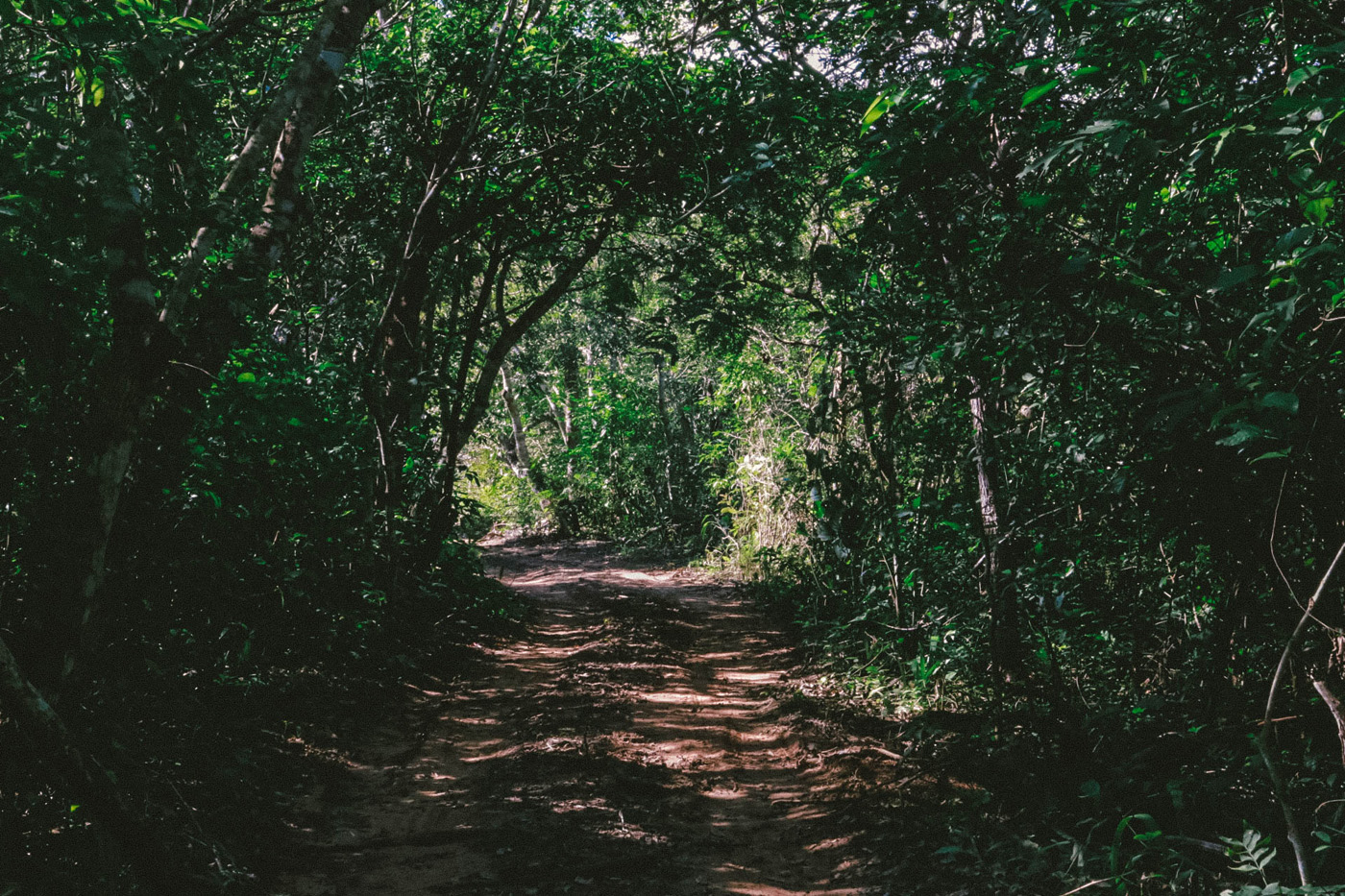
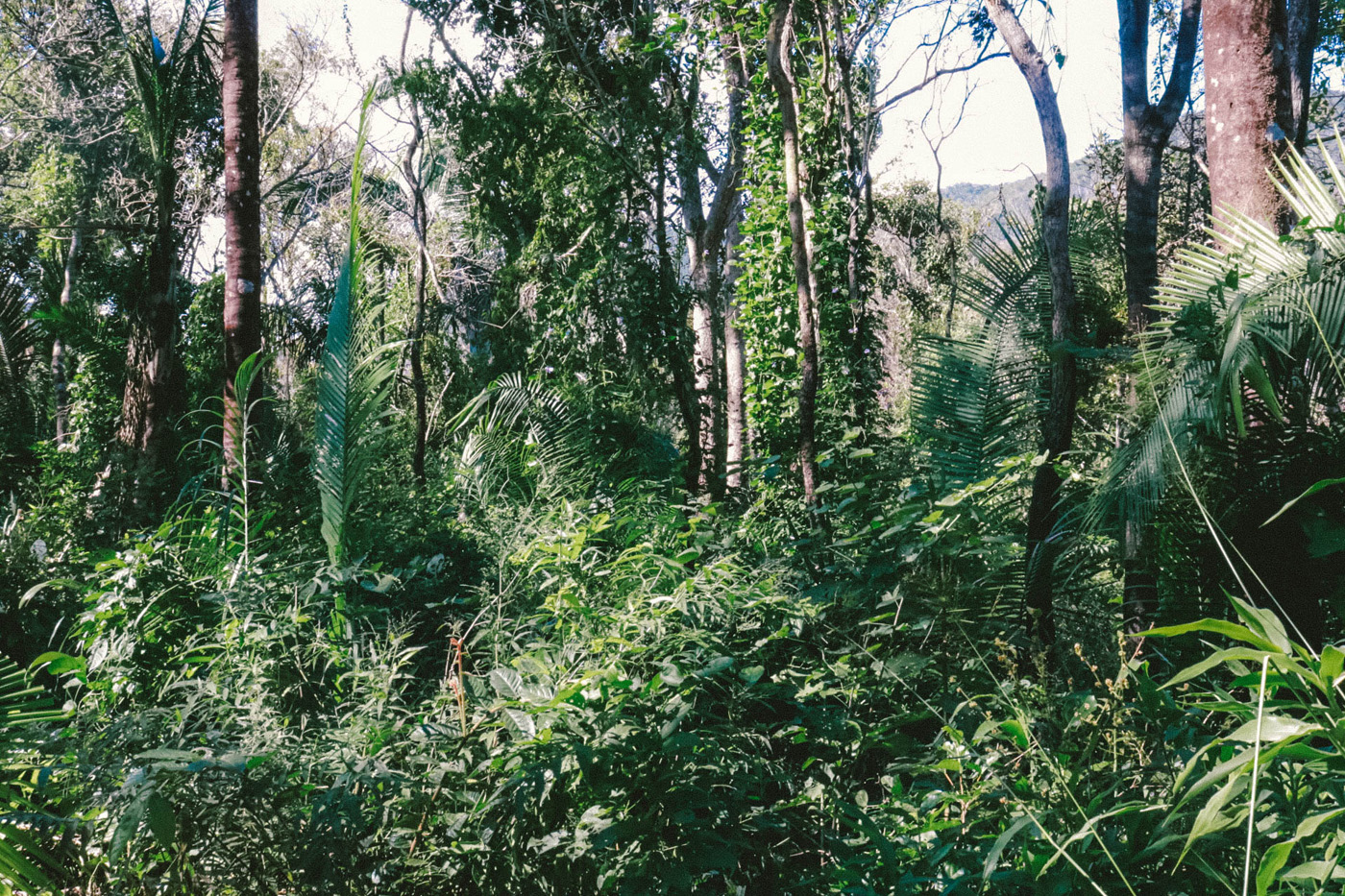
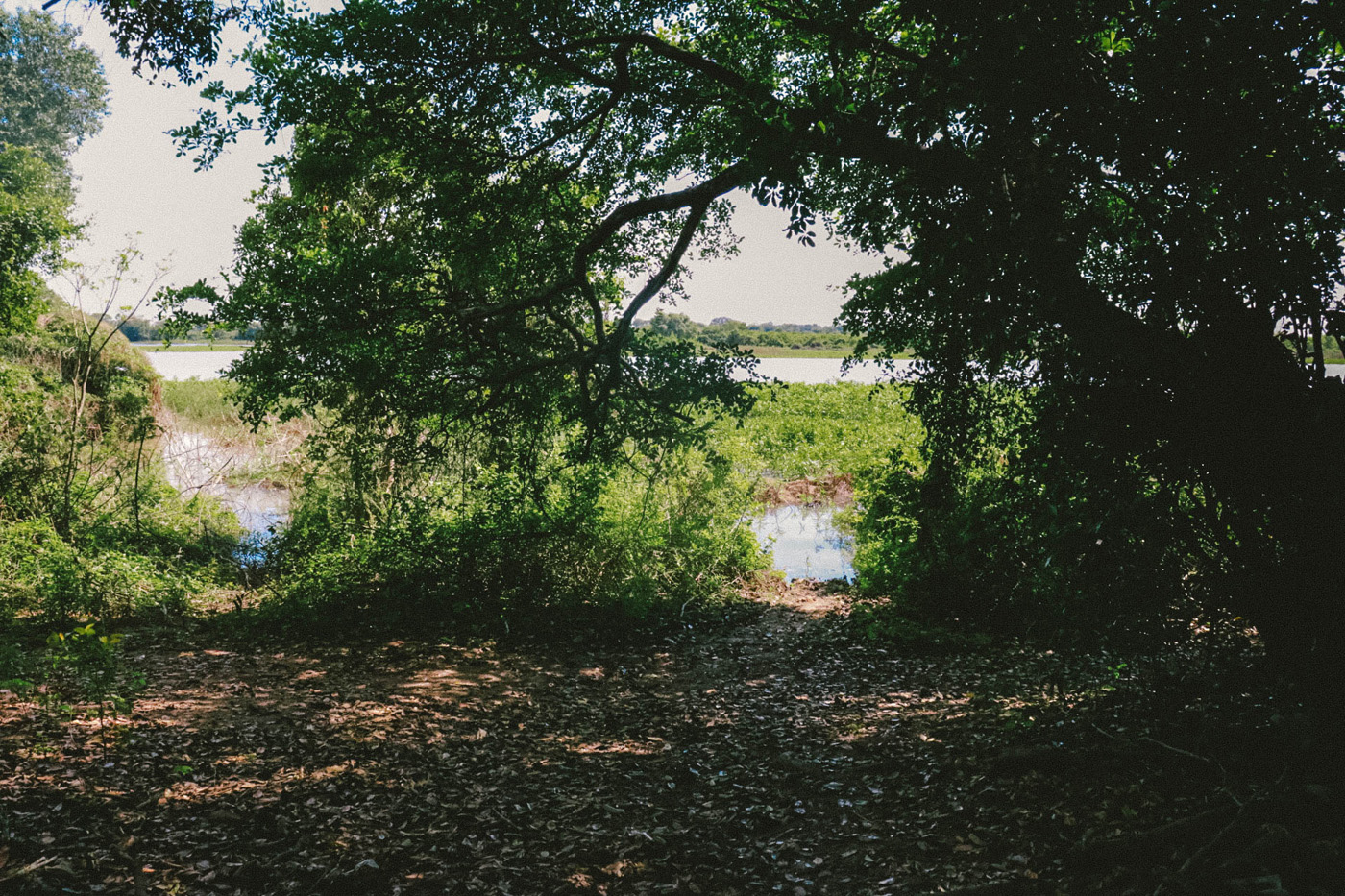
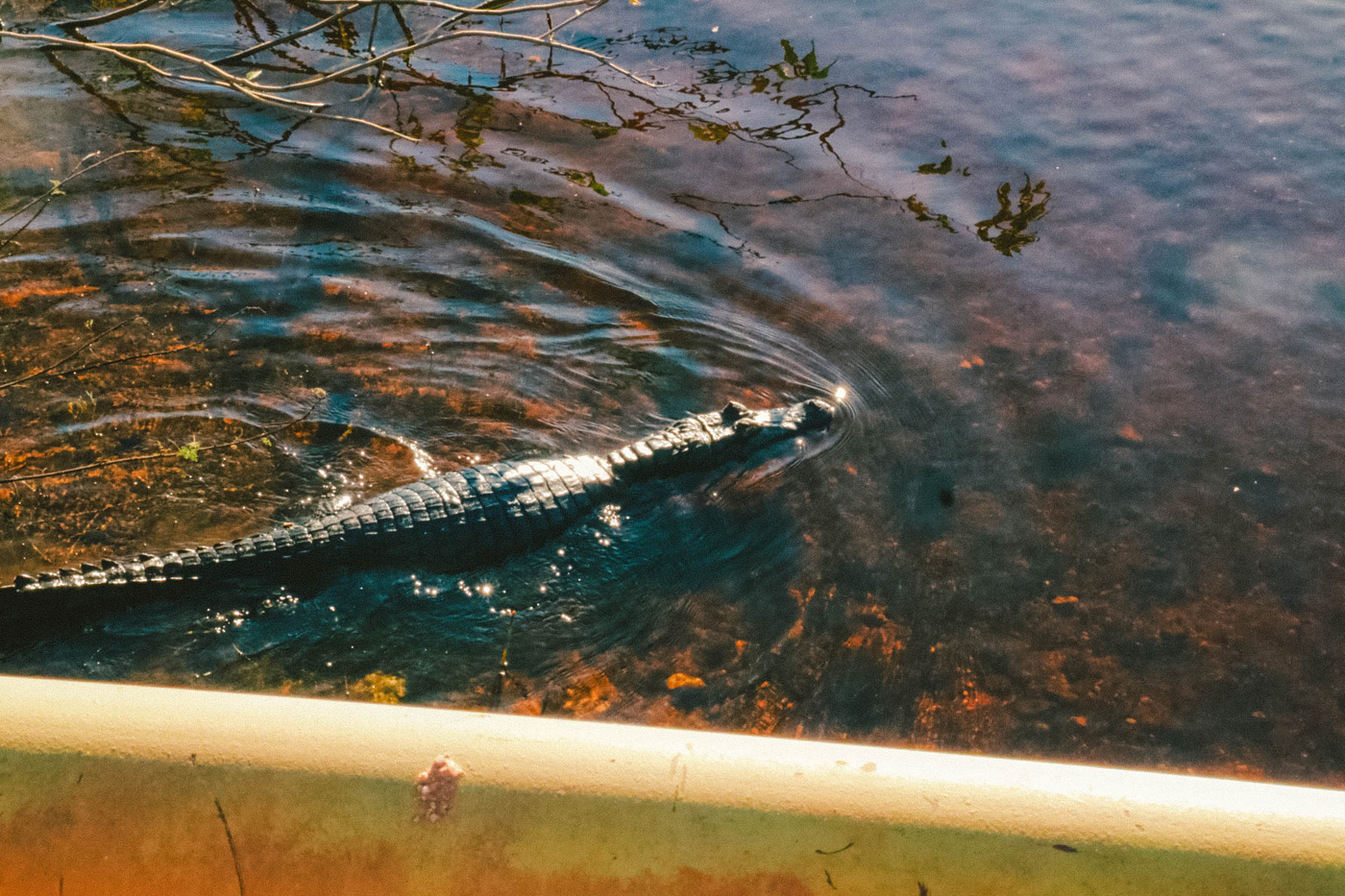
The sun was almost directly overhead. 7:28. With each step, the crunchy dirt underneath released plumes of orange, hot dust. How much further? I reached for my backpack and brought the long, blue hose to my lips. Sucking on the rubber tip, I felt my entire body replenishing. I took in a deep, long breath. Beneath the canopies of Acuri palm trees and through the blades of spider plants, the jungle hissed and hummed, daring me to continue my journey. I turned toward the rainforest and scanned the sea of green. Nothing. Chuckling, I swatted at the swarm of insects buzzing around my legs and ventured back to the road.
When I finally arrived at the Paraguay River, I was more relieved than excited. My legs were starting to burn from the constant itching and I was ready to grab a quick bite before exploring the riverfront. I walked over the patches of grass to the entrance of the pousada lodge—the door was locked. I looked inside through the glass and then turned around to face the water. The whole place was a complete ghost town.
“Doesn’t open until noon today.” I turned around and, down by the water, saw a short, squished man covered with buzzing insects. He waved me over. “But how about a ride on the river—just you?”
I wandered down to the water and, as I got closer, noticed that he was covered with mosquitoes. He didn’t seem to mind.
“Well, what you think?”
I looked past him. There was movement in the leafy tree behind him. Something big.
“Any chance I’d see an Anaconda?”
He breathed heavily. His eyes furrowed. The creature in the tree jerked side to side.
“At this time of day? Good luck. And let me tell you something, gringo. You don’t want to face a suruci on the river.” His face became a dark shadow. “The river is hers.”
I felt an eerie flush of anxiety mixed with hunger.
“I’ll tell you what. Ninety reals. And a beer. You’ll see lots of gators.”
I held firm. The tree shook as an enormous Great Black Hawk peered out at me.
“I appreciate it. I am going to go down the road a little and rent one of those kayaks. Thank you!”
As I walked away, my hopes of seeing one of the region’s mythical snakes began to vanish. It didn’t help that my nerves were jangly as my stomach groaned.
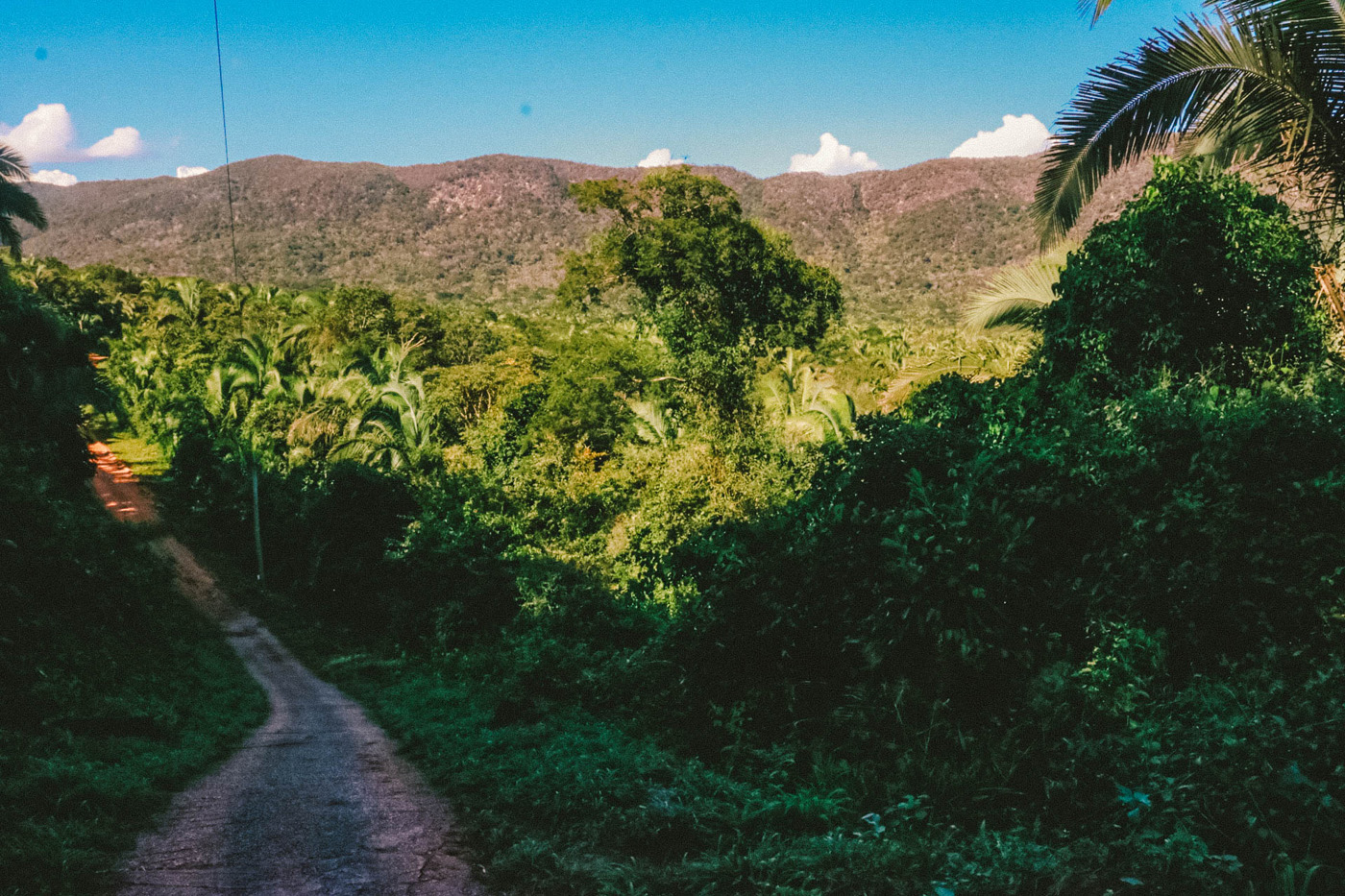
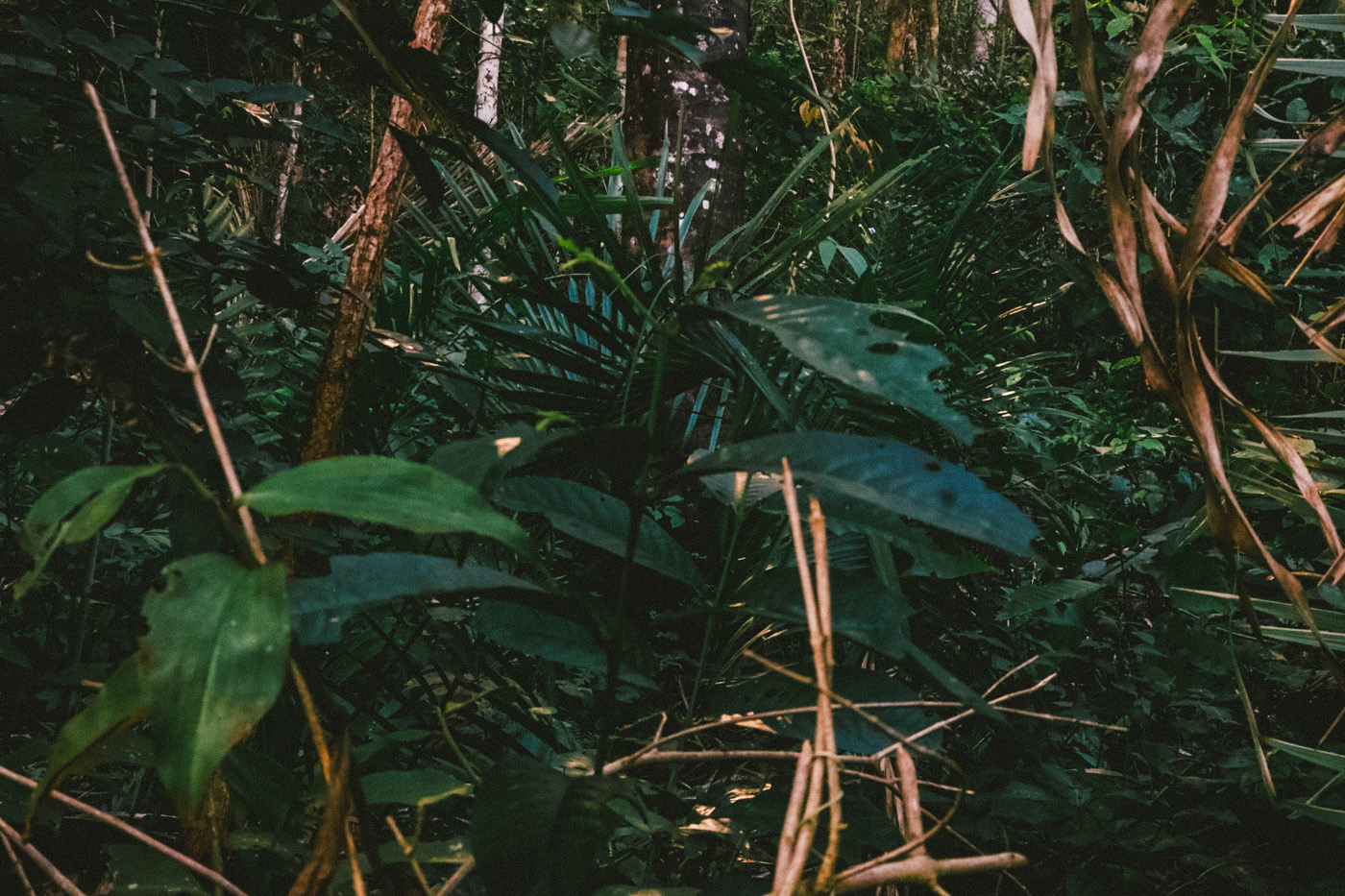
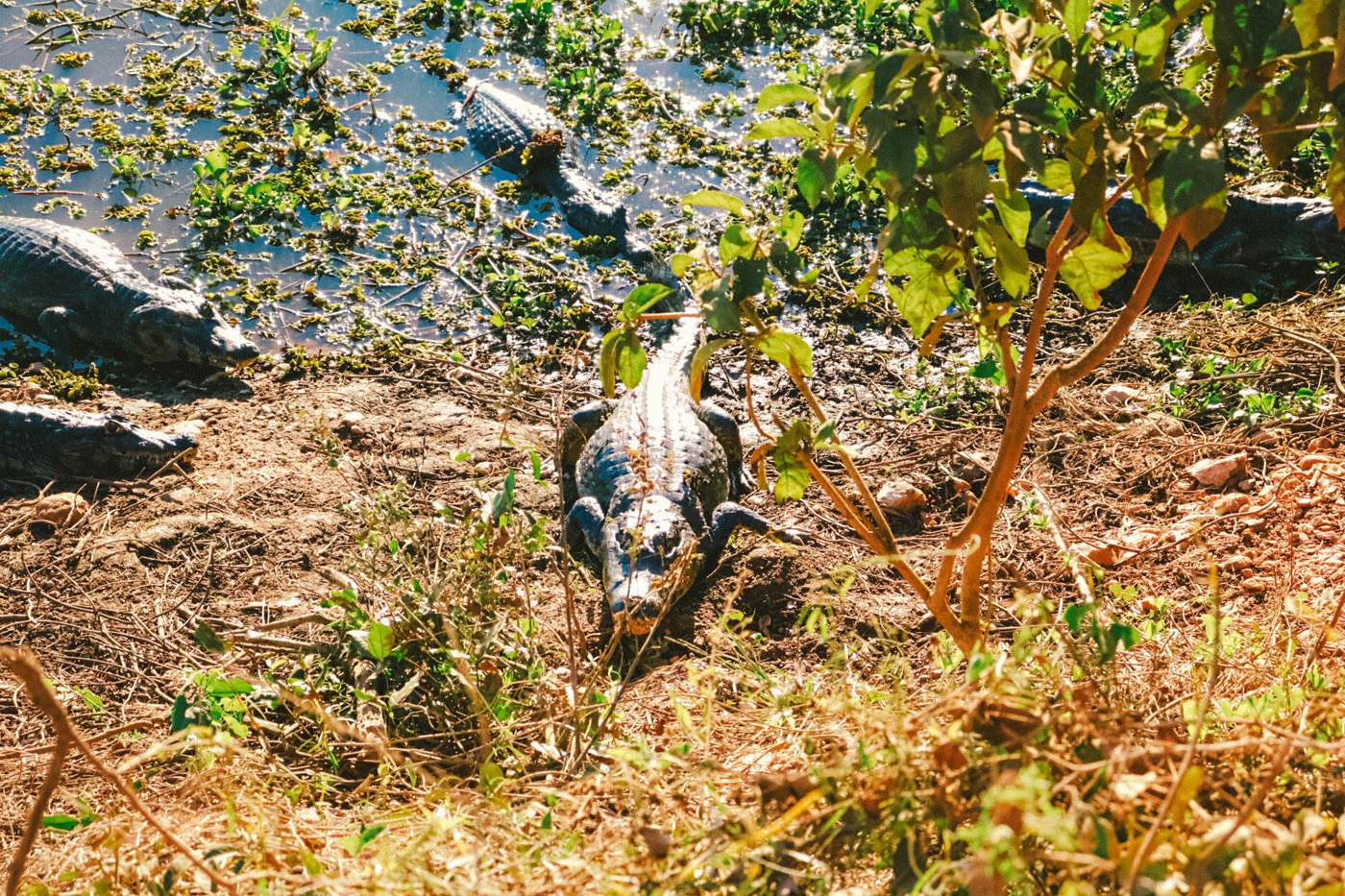
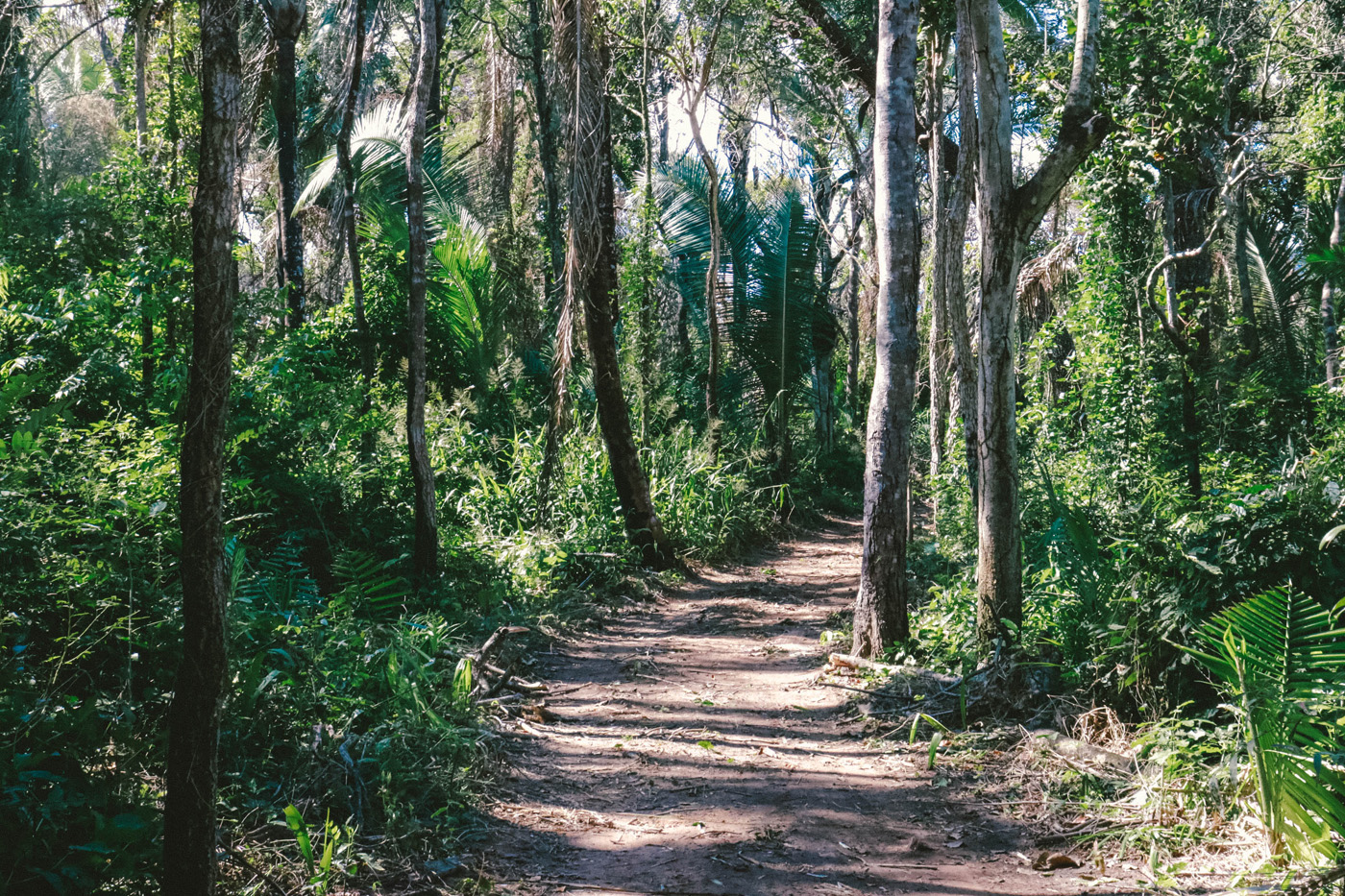
I stopped at the perfect dip in the river and, crouched down, looked out across the water. The Paraguay River was an absolute monster. Full of floating plant material—mostly the aguapé—the river’s shores became communities of trapped aquatic vegetation. Squinting at the river’s green foliage, I tried to detect some sort of movement. Somewhere, in the deep greens of the aquatic plants, the small frogs croaked and the slightest surfacing of a caiman revealed itself between the thick, spongy leaves.
I forgot about the idea of finding some random kayak. Instead, I would just sit in that spot, wait for the pousada’s kitchen to open, and take it all in.
ALEXANDER ELISCU is an American living and working in the coffee and agroforestry sectors in Brazil, and he always has unique opportunities to explore the complexities of the Brazilian wilderness. He has visited Brazil’s Pantanal many times and is planning many more trips to study ecology and conservation in the region. He is also a snake enthusiast and is currently working on a crime novel set in Brazil.